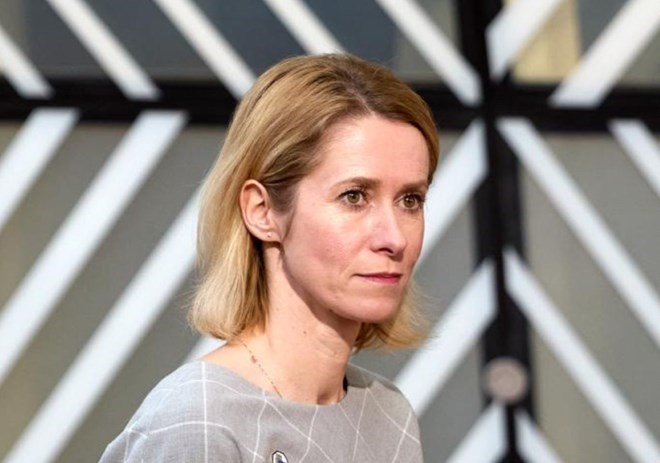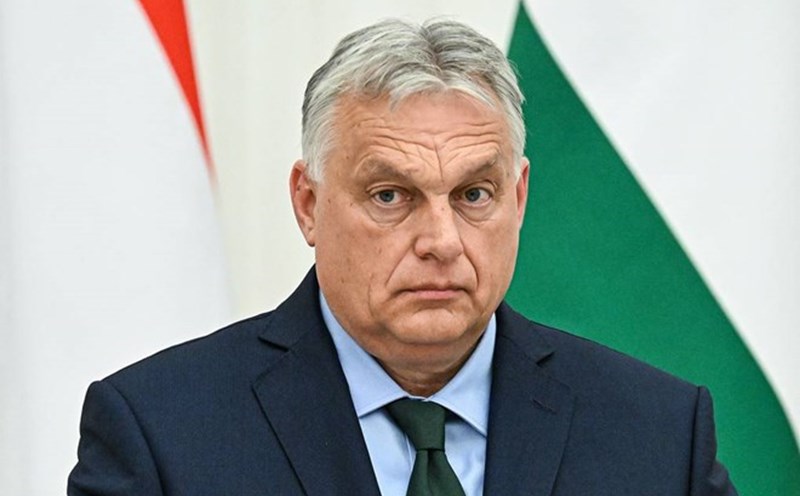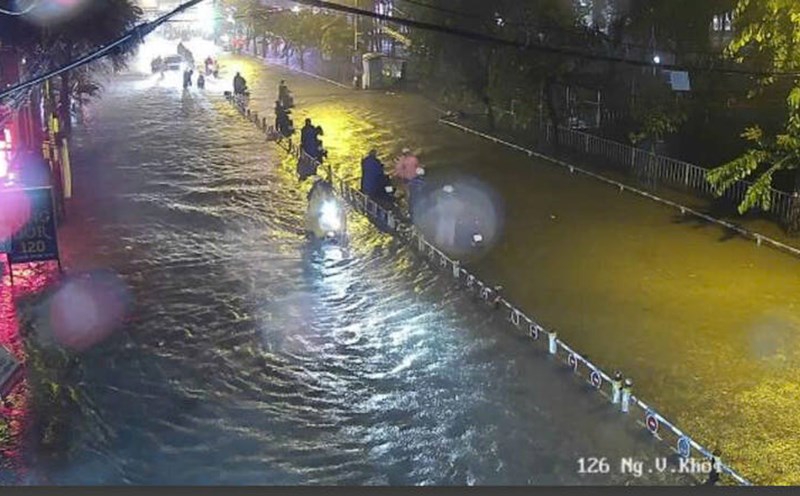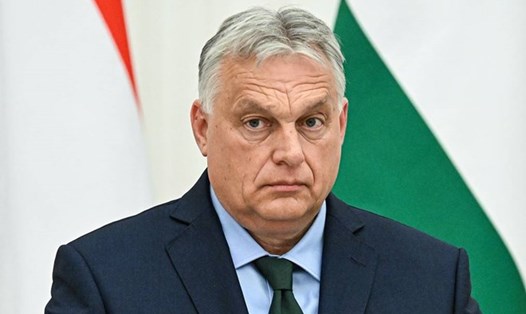On October 24, Hungarian Prime Minister Viktor Orban said that the country will seek to avoid the European Union (EU)'s (EU) ban on oil and gas supplies from Russia, and said it would continue to protest the decision.
It is true that sanctions are targeting a number of Russian oil companies. We are looking for ways to avoid those sanctions, Mr. Orban said in an interview with national radio.
According to Mr. Orban, this issue has been discussed with the board of MOL Oil and Gas Group (Hungary). MOL's refineries in Hungary and Slovakia, with a total capacity of 14.2 million tons of crude oil per year, currently rely on Russian oil transported via the Druzhba pipeline.
We are still fighting. This battle is not over yet, Mr. Orban affirmed, adding that serious strategic steps will be needed.
Although the 19th package of Russian sanctions was adopted by the EU on October 23, with Mr. Orban's tough stance, observers believe that Hungary may take many difficult measures, forcing the EU to loosen sanctions to protect national energy security.

The new package will make it more difficult for Russia to maintain a special military campaign in Ukraine, according to EU senior foreign policy spokeswoman Kaja Kallas.
This package targets Russian banks, cryptocurrency exchanges and some entities in India and China. The EU has also tightened the movements of Russian diplomats to deter efforts to destabilize," Kallas wrote in X.
The package also includes a ban on imports of Russian liquefied natural gas (LNG), implemented in two phases: short-term contracts will expire after 6 months, and long-term contracts will expire from January 1, 2027.
Russian diplomats will be banned from accessing EU space services and artificial intelligence (AI); and members of the bloc will be banned from trading with Russian oil companies such as Rosneft and Gazpromneft.
The package also adds a ban on investment in Russian economic zones and sets new criteria, allowing the EU to include third- country ports in the sanctions list in the future.











